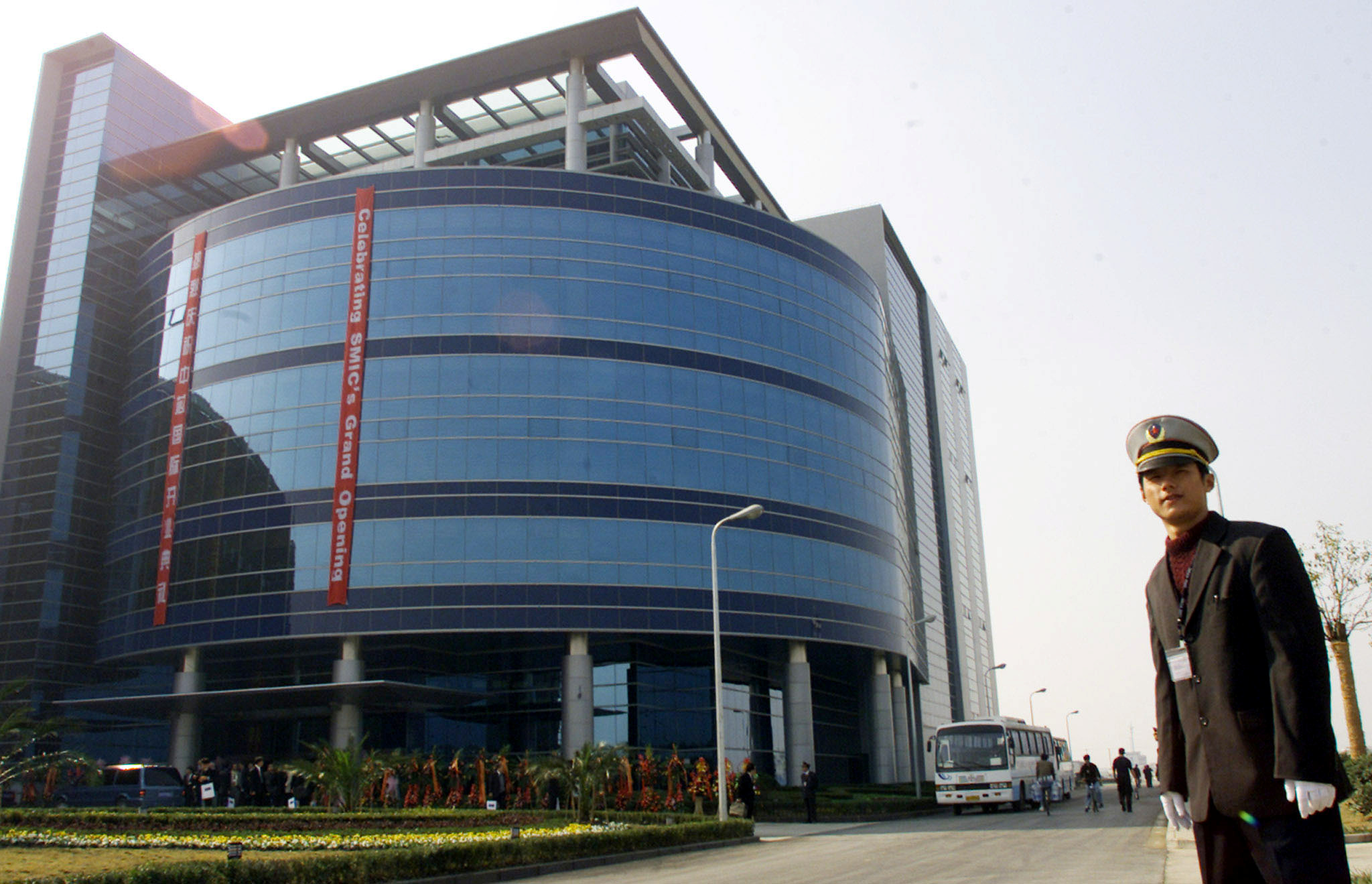(ATF) China’s largest chipmaker Semiconductor Manufacturing International Corp (SMIC) said it has received a brief reprieve after being told last week that its shares would immediately be barred from the OTCQX Market, a US financial market for over-the-counter securities.
In a filing with the Hong Kong Stock Exchange on Sunday, the Chinese chipmaker said it was notified by the OTCQX Market operator that trading in its shares could continue until February 1.
As a result, trading in the shares, which had been suspended since last Wednesday, was being allowed to resume on January 11.
This is another bewildering twist after the New York Stock Exchange confirmed last week that delisting of three Chinese telecom firms will go ahead on January 11 after days of going back and forth, stoking confusion from investors globally.
US President Donald Trump issued an executive order in November 2020, banning US investment in companies allegedly having ties with the Chinese military, and SMIC was labeled as one such company.
The order barred Americans from purchasing SMIC’s securities starting February 2, 2021 and even selling them after 365 days thereafter. However, OTCQX had gone ahead and removed SMIC before time.
In the latest development, the OTCQX has “changed its position regarding the effective date of the Executive Order and are now permitting trading in the company’s securities to continue until 1 February 2021,” SMIC said in a statement.
Co-CEO Liang remains on board
In the meantime, the SMIC filing has listed the company’s co-chief executive Liang Mong-song among the directors of board, which indicates that Liang remains in office. Liang, who is a key driver of SMIC’s attempts to move into more advanced manufacturing nodes to catch up to the competition, had submitted a resignation last month.
The arrival of former Taiwan Semiconductor Manufacturing Company (TSMC) veteran, Chiang Shang-yi, as the company’s new vice chairman and executive director was reportedly a trigger for Liang’s resignation.
SMIC’s shares began to trade on the OTCQX Market after it ended its 15-year listing in the New York Stock Exchange in May 2019, citing limited trading volumes and burdensome costs.
Listed in Hong Kong since 2014, the Shanghai-headquartered company made its second debut on Shanghai’s Nasdaq-style STAR Market in July of last year, marking China’s biggest IPO in a decade.
Breaking dependence on US suppliers a national priority
SMIC leads China’s campaign to establish a self-sufficient semiconductor ecosystem, one not dependent on US companies. The administration of President Xi Jinping has prioritized such efforts.
The Trump administration, meanwhile, appears intent on thwarting China’s moves to acquire such capabilities, and SMIC has repeatedly been in its crosshairs.
Besides barring American investors from purchasing SMIC’s securities, Washington has also restricted SMIC’s access to semiconductor equipment made by American tech companies.
In September, US Department of Commerce’s Bureau of Industry and Security issued letters informing certain American companies they must henceforth obtain a licence before continuing to supply goods and services to SMIC.
Seemingly determined to make a transition to a new China policy as difficult as possible for incoming president Joe Biden and his team, the Trump administration last month expanded the restrictions on SMIC by adding it to a US export control blacklist.
Chinese drone manufacturer SZ DJI Technology Co and dozens of other Chinese companies were also added to the so-called “entity list”.
























